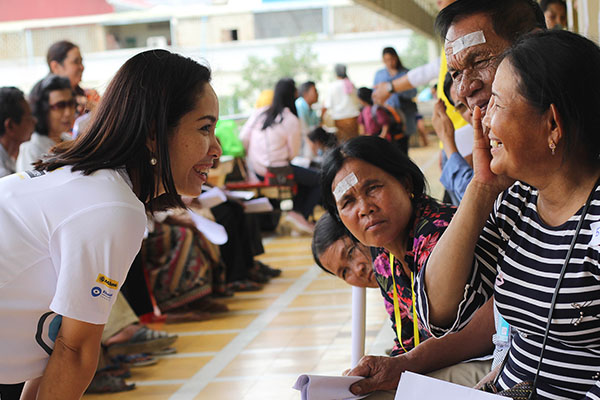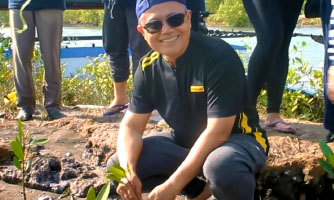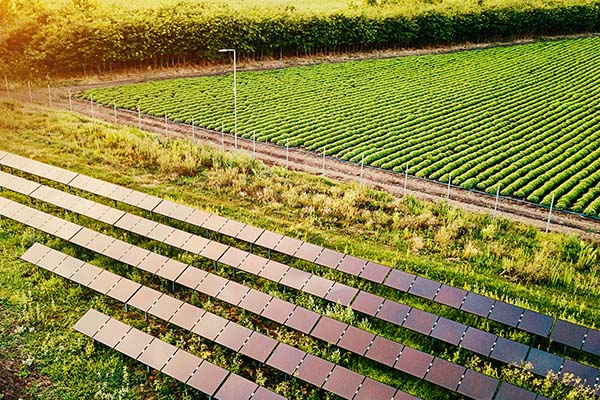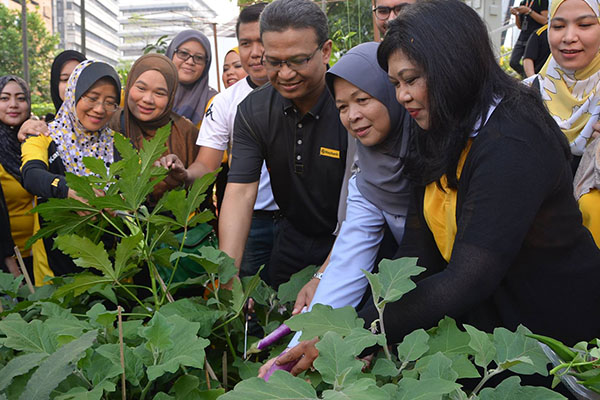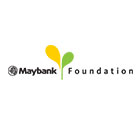The Maybank Group Sustainability Framework serves as the overarching document that guides our overall approach towards sustainability and further supported by other core frameworks & policies.
Please refer to the Framework and Governance section for more details.
Our position on NDPE
We have a No Deforestation, No New Peat, No Exploitation (NDPE) stance for the Group which applies to all relevant sectors, including but not limited to palm oil, forestry and logging industries. On deforestation, this includes forest reserves, primary forests and environmentally sensitive areas, whilst for exploitation, this covers forced labour, child labour as well as minimal wage requirements. NDPE is viewed as a fundamental component for sustainable practices, given the adverse impact such activities have on our customers, the community and the environment. As such, the Group will not extend new financing facilities to customers that are not aligned to this stance.
Our position on palm oil
We recognise that food security and safety are crucial elements in addressing our sustainability agenda. An important contributor to this is the palm oil industry which is widely used throughout the global food supply chain. In view of this we need to ensure that the industry is managed responsibly and this is reflected as part of our NDPE stance of which we will not finance activities where we believe are or could lead to a significantly adverse impact on the environment, surrounding communities and labour. This applies to all business segments within the Group that extend any form of financing to the palm oil supply chain. Over and above this, clients are subject to or at minimum required to have a time-bound commitment to meet requirements such as local or international sustainable palm oil certification, zero burning practices, best practices on existing peat, climate change, biodiversity and Free, Prior and Informed Consent (FPIC), amongst others.
Our position on forestry & logging
We believe the forestry industry is a necessity for sustainable development - both locally and globally. Besides the provision of livelihoods, well managed forests contribute to the stabilisation of the global climate system, regulate water cycles, provide a natural habitat and supports rural community development. Therefore, we will not finance activities where we believe are or could lead to a significantly adverse impact on the environment, surrounding communities and labour. This applies to all business segments within the Group that extend any form of financing to the forestry and logging value chain. The Group has zero tolerance towards illegal logging and trading of illegal timber and we are guided by a number of national and regional principles through certification and licensing requirements. Furthermore, clients are subject to or at minimum required to have a time-bound commitment to meet requirements such as biodiversity protection as well as FPIC of indigenous people and local communities.
Our position on coal
Coal has been the primary source of energy for many developing nations, allowing affordable and reliable access to electricity to even the most remote of regions. It has also enabled economic development by serving as a raw material to many other industries, such as cement and steel. However, we too are cognisant of the significant ecological impacts associated with coal. In view of this, we are taking a balanced approach in our transition to support the adoption of alternative fuel sources. We are committed to not financing any new greenfield coal activity and this currently includes corporate lending, project financing as well as advisory services such as arranging, syndicating, fundraising and underwriting. We are working with our clients, relevant organisations, and countries within the regions to explore the use of cleaner, more efficient and environmentally friendly energy sources. In this regard, we are committed to supporting our clients transition to a sustainable fuel mix. Over and above this, transactions and projects within this sector are subject to enhanced due diligence of which the nature of transaction and ESG impacts are assessed. This includes the client’s ability to manage associated risks and their current state of performance, capacity and commitment towards sustainability targets. In addition, we will support clients who demonstrate their commitment to reduce reliance on coal power and stop the building of new coal fired power plants where more sustainable alternatives are available.
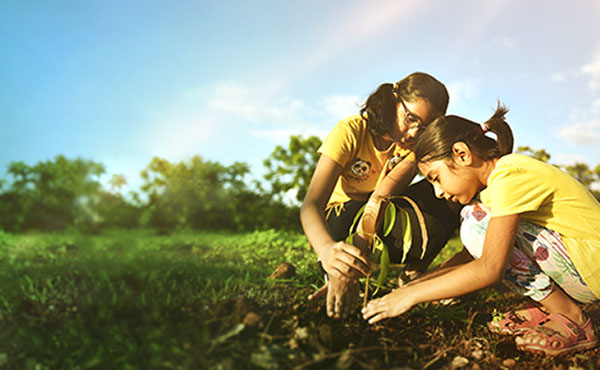
 Maybank Islamic
Maybank Islamic  Investment Banking
Investment Banking Global Banking
Global Banking Business Banking
Business Banking SME Banking
SME Banking Asset Management
Asset Management Maybank Private
Maybank Private Maybank Premier
Maybank Premier Maybank Privilege
Maybank Privilege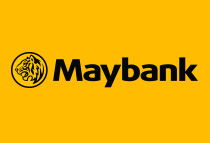
 Customer Service
Customer Service
